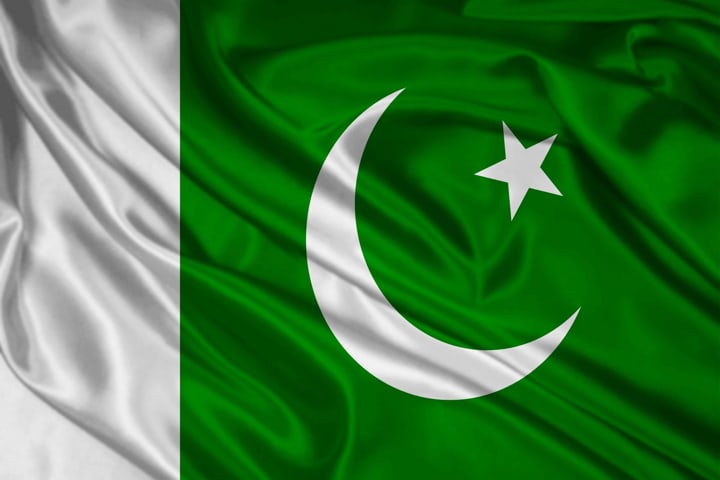

Representative Image
The deepening economic crisis in Pakistan is leading to a large number of school dropouts. With surging inflation and shortage of essential items including food, many children are now being pulled out of schools as thousands of parents struggle to make both ends meet. A large number of these children are being pushed into employment by the parents.
“Children going to school for many in Pakistan is now a luxury as the situation in the country is much like Sri Lanka. For many arranging food is therefore becoming a priority,” an analyst told India Narrative.
A Human Rights Watch report in 2018 said that about 22.5 million Pakistan’s children were out of school and majority of these children were girls.
These figures were before the Covid pandemic but the worsening of the economic situation in the country has only pushed the number of school dropouts exponentially.
As the Shehbaz Sharif government hiked fuel prices to meet the demands of the International Monetary Fund, Pakistan’s consumer price inflation in February soared to 31.5 per cent — the highest rate since 1974. This, coupled with the depreciation in the local currency has made the going tougher.
A senior economist with Moody’s Analytics earlier said that in the first half of 2023, inflation in Pakistan may average 33 per cent before easing.
Despite prolonged negotiations with the IMF for resumption of the $6.5 billion financial assistance package, Pakistan has not yet received the loan.
While the government runs subsidy schemes such as the Ehsaas Rashan Programme and Ehsass Kafaalat programme providing food and even cash support to the poor, there are discrepancies in the implementation process, a study by the Pakistan Institute of Development Economics said.
Last year’s devastating floods have added to the problems. A UNICEF report noted that as many as 4 million children were living near contaminated and stagnant flood waters, risking their survival and wellbeing. “Frail, hungry, children are fighting a losing battle against severe acute malnutrition, diarrhea, malaria, dengue fever, typhoid, acute respiratory infections, and painful skin conditions,” it said, adding that thousands of homes and many public health facilities, water systems and schools have been destroyed or damaged.
Also read: Moody’s downgrades Pakistan’s rating amid depleting forex reserves
Ahead of the critical G7 Summit meeting in Canada, leaders of the forum have issued…
India's trade performance in May 2025 has shown strength and stability, despite uncertain global conditions,…
Amid escalating tensions between Israel and Iran, US President Donald Trump on Monday (local time)…
Union Minister of Ports, Shipping and Waterways, Sarbananda Sonowal, said on Monday that the number…
The inhabitants of Pakistan-occupied Jammu and Kashmir (PoJK) have been enduring years of neglect as…
The Defence Research and Development Organisation (DRDO) is set to make a significant impact at…